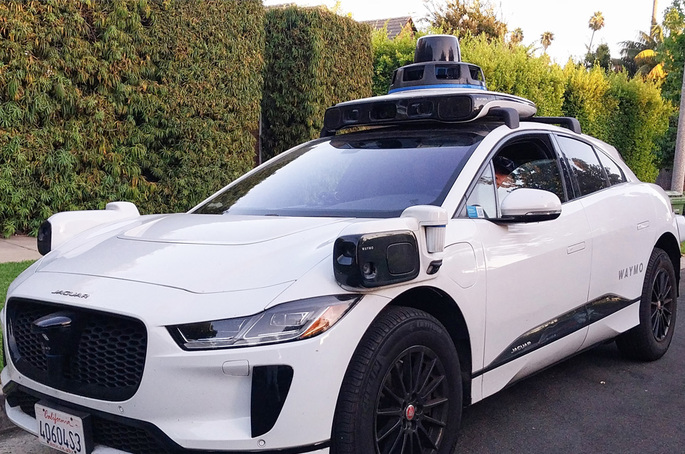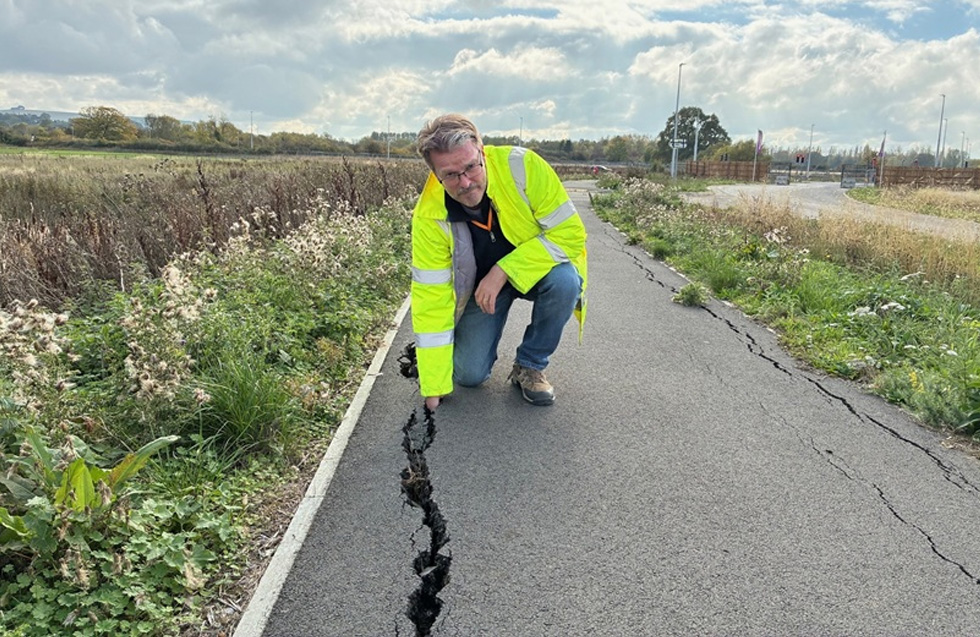Waymo, the US-based autonomous taxi company, has announced that London can expect to book its driverless cabs next year.
The company has said that, over the coming months, it plans to ‘lay the groundwork' for its service, which will be delivered in collaboration with its fleet operations partner Moove.
Waymo added that it is still engaging with local and national leaders to ‘secure the necessary permissions' to operate its driverless service commercially in the capital.
As part of its announcement, Waymo stated that it can help make London's roads safer and assist the city in reaching its ‘ambitious targets' for reducing the number of people killed or seriously injured on its roads. According to the company, data shows that its technology is involved in five times fewer injury-causing collisions and twelve times fewer injury-causing collisions with pedestrians compared to humans.
Waymo co-CEO, Tekedra Mawakana, said: ‘We're thrilled to bring the reliability, safety and magic of Waymo to Londoners. Waymo is making roads safer and transportation more accessible where we operate. We've demonstrated how to responsibly scale fully autonomous ride-hailing, and we can't wait to expand the benefits of our technology to the United Kingdom.'
Secretary of State for Transport, Heidi Alexander, said: ‘Boosting the AV sector will increase accessible transport options alongside bringing jobs, investment, and opportunities to the UK. Cutting-edge investment like this will help us deliver our mission to be world leaders in new technology and spearhead national renewal that delivers real change in our communities.'
Robin Spinks, head of inclusive design at the Royal National Institute of Blind People (RNIB), said: ‘The planned introduction of Waymo in the UK represents the potential for the dawn of a new era in independent mobility options for blind and partially sighted people. As someone who's been severely sight-impaired since birth, I've long hoped for the day when technology can safely enable spontaneous autonomous travel. Autonomous vehicles systems should be accessible to everyone and we're working with the community and our industry partners to ensure that the rollout of this technology prioritises the safety and diverse needs of riders and pedestrians.'
James Gibson, executive director of Road Safety GB, said: ‘Autonomous vehicles, such as Waymo, hold the potential to significantly improve road safety because, quite simply, the human driver is removed. The data shows that the Waymo vehicles have performed far safer compared to human drivers across more than 100 million autonomous miles. Rolling out autonomous vehicles in a progressive yet measured way will be the best approach.'
































